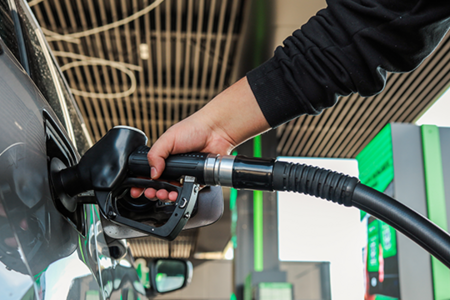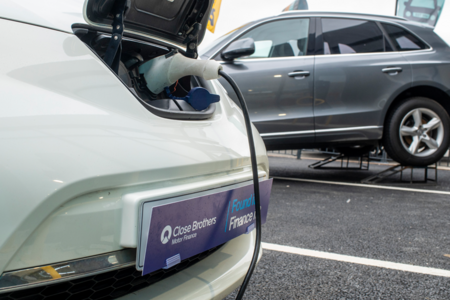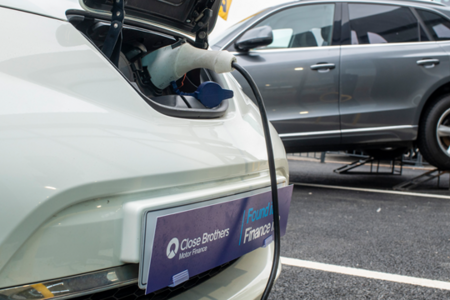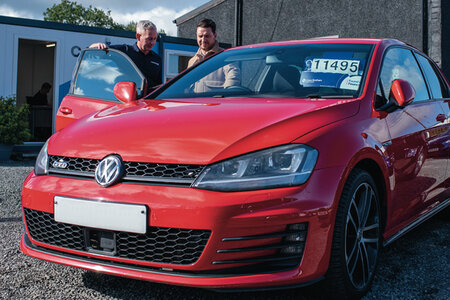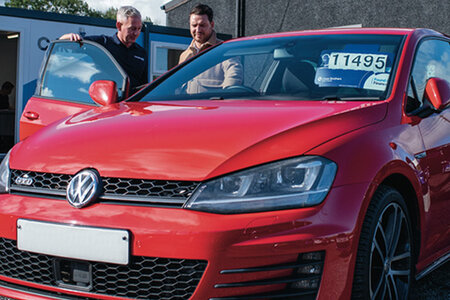The number of UK drivers who would consider buying an electric car as their next vehicle has doubled in the last year from 15% to 30%, according to the Britain Under the Bonnet report from Close Brothers Motor Finance. A further two fifths (40%) said they would consider buying one in the future, just not as their next vehicle purchase.
The findings follow recent figures from Industry experts The Society of Motor Manufacturers and Traders (SMMT) that revealed sales of alternatively fuelled vehicles, including electric cars, rose by 23.9% in 2017, and now accounts for 5.5% of the market.
The Britain Under the Bonnet report looks at consumers’ attitudes and car buying behaviours – along with views from dealerships across the country – to give a comprehensive view of the UK’s motor industry in 2018.
The research suggests that two thirds of those who would consider purchasing an electric vehicle would do so because of their purported environmental friendliness. Over half (55%) trust they’ll be cheaper to run, and well over a quarter (29%) believe they would deliver a better driving experience.
Despite UK motorists slowly plugging into electric, more than a quarter (28%) admitted that they wouldn’t consider making the switch. The main issues are the negative perceptions around the range and cost of the vehicles. More than two fifths (43%) blamed their decision on the range being limited, despite the fact that the longest range of an electric car covers more than 300 miles in a single charge.
Nearly half (47%) admitted that they wouldn’t consider purchasing an electric car as their next vehicle because the initial outlay is too expensive. A similar number (46%) said there would need to be significant improvements to the technology before they could be won round.
Long charging times (36%) were also cited as another major issue. In fact, 28% of drivers said that 30 minutes is the maximum time they’d be willing to wait to fully charge, while 29% said they’d be willing to wait between 30 minutes and an hour. Just 13% would wait more than two hours.
When it comes to accessing charge points across the UK, analysis of the National Charge Point Registry shows that there are approximately 4,068 publicly funded charge points. According to the data, Scotland has the highest number of points (approx. 745), followed by the North East of England (approx. 668) and London (504). Whereas Wales sees the lowest number of charge points (approx. 33), followed by Yorkshire and the Humber (approx. 108) and the East Midlands (approx. 158).
Sean Kemple, Director of Sales, Close Brothers Motor Finance, commented: “2017 was an important year for electric vehicles, with record growth in sales and the government’s announcement that the majority of new cars should be electric by 2030. Consumer confidence has also doubled.
“Despite the record year, there are still major perception barriers to overcome. Consumers and dealers alike are still hesitant about making the switch. While dealers would like to see more of these types of vehicles on their forecourts, particularly as they have zero emissions, without improvements to the infrastructure to support the charge and the range, uptake is likely to remain low in the short term.
“For this to happen, the industry and dealers will need to be brought on this journey. As a result of low tax charges, the majority of electric cars on the roads are company cars, but dealers will need to get ready as these cars will likely start coming back into the second hand space in the next couple of years. To do this, dealers must be given support to embrace changes in both consumer buying behaviour and government policy, and ensure they have the right cars on their forecourts.”


